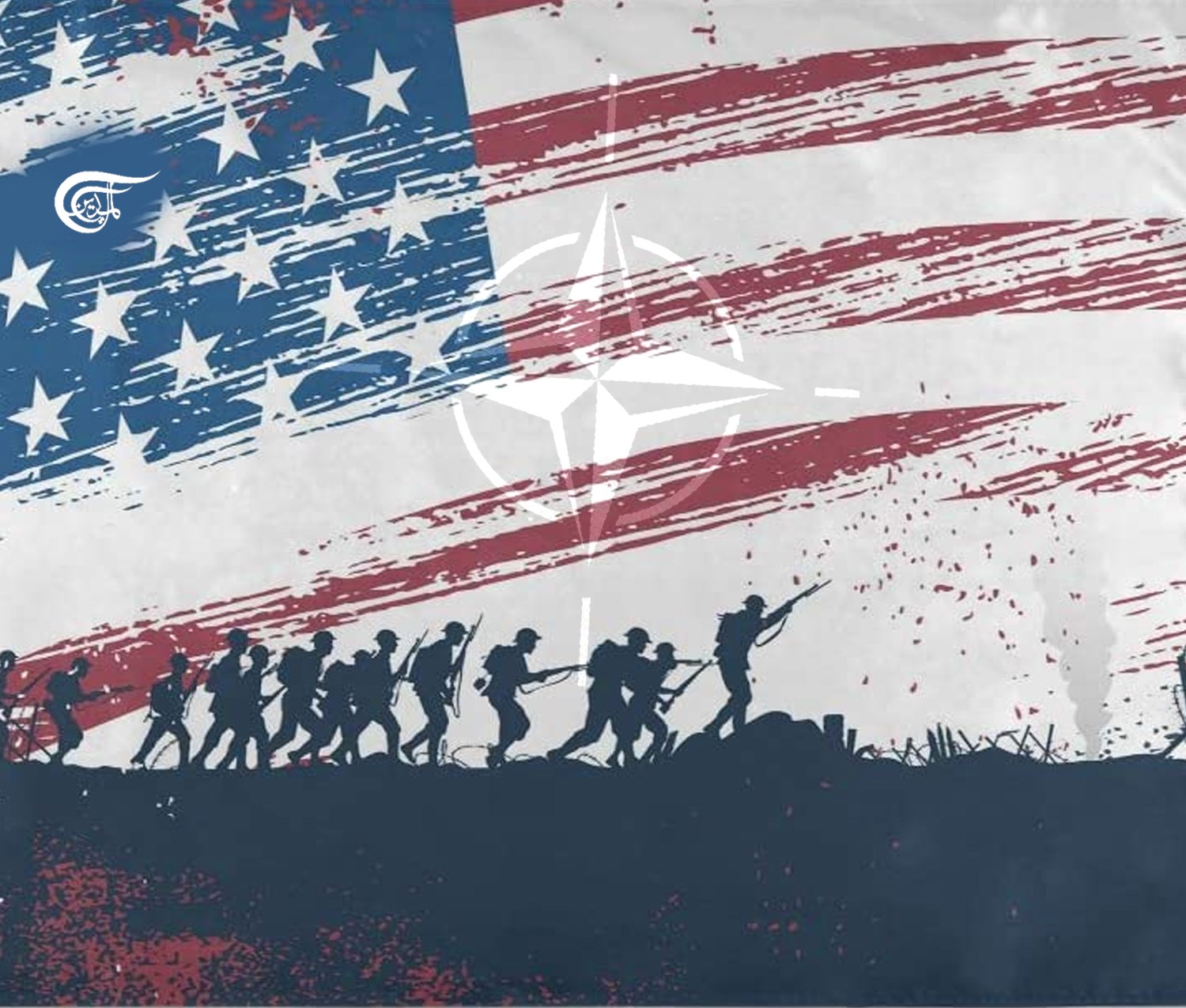The Ukrainian crisis: A second look
If international security is a non-negotiable issue for the United States and its European henchmen, such a privilege is not recognized for Russia.
-

The Ukrainian crisis: A second look
As the Russian occupation of Ukraine spreads – and I say “occupation” to use the term applied to invasions that have the blessing of the establishment powers: “occupation” of Iraq, of Libya, of Syria, of the Palestinian territories.... etc. The questions about the nature and meaning of this operation multiply. From the start, it is necessary to completely discard the supposed "truths" and "evidence" provided by the Western press from its flagships in the United States and Europe, because what these media spread is systematic misinformation, blatant propaganda. Of course, from a strictly military point of view, it is true that Russia "invaded" Ukraine. But since "war is the continuation of politics by other means," as Von Clausewitz recalled, this military deployment must be qualified and interpreted according to the political assumptions that give it its meaning. This is what we will try to do in this article.
Those assumptions are very clear: Russia adopted this exceptional measure, which in the abstract deserves condemnation, as a response to thirty years of attacks initiated after the collapse of the Soviet Union. Some time ago, Vladimir Putin, with his usual forcefulness, told Western leaders, “You were not content with defeating Russia in the Cold War. You humiliated it." The political (and military) struggle is not an abstract exercise or a contest of gestures or rhetorical phrases. That is why what in the comfortable plane of intellection things are presented with absolute clarity and without fissures: white is white, and black is black. And good and evil are clearly distinguishable. But in the tremendous fight in the mud and blood of history, the Russian "invasion" appears with a completely different meaning, a defensive reaction in the face of endless and unjustified harassment by the West. Once the USSR disintegrated, Russia dissolved the Warsaw Pact, established a political regime in the style of European democracies, restored a deeply oligarchic capitalism with mafia methods, opened its economy to foreign capital, and even toyed with the idea of joining NATO. However, despite all this effort to adapt to the Western ideological-political consensus, Russia continues to be considered an aberrant second-order actor in the international system. Moreover, just like in Soviet times, it is depicted as an enemy from which the United States and its puppet European governments must protect themselves and, at the same time, prevent Russia from protecting itself. If international security is a non-negotiable issue for the United States and its European henchmen, such a privilege is not recognized for Russia.
The military operation launched against Ukraine is the logical consequence of an unjust political situation, or the final point in the face of what Portuguese sociologist Boaventura de Sousa Santos diagnosed as "the absolute ineptitude of Western leaders" in realizing that there is not, and will not, be European security if it is not guaranteed also for Russia. The ineptitude of a European leadership also deserves other descriptions: short-sighted, corrupt, ignorant, and submissive to ignominy in the face of US hegemonism, leaving aside the fact that Washington will not hesitate a second to wage new wars in Europe or in its front yard in the Middle East as many times as it suits its interests, leaving behind its military adventures pain, death, and destruction in European societies.
For the Russians “Ukraine can never be a foreign country. The history of Russia begins in what is known as Kievan-Rus." These are not Putin’s words but the statement of such bitter dissidents of the Soviet government as Alexander Solzhenitsyn and Joseph Brodsky, who also "kept on pointing out that Ukraine was an integral part of Russian history, and therefore of Russia." (1) None of the leaders of the West seem to have the slightest idea of this historical legacy, which is decisive for understanding why Putin has drawn NATO's “red line” precisely in Ukraine. This argument, which seems to encourage an escapist or denial attitude in the face of the horror of the current moment, is essential to understand the conflict and, eventually, resolve it. That is why it is convenient to read what an American scholar, John Mearsheimer, wrote in 2014, when Washington mounted in conjunction with Nazi gangs the coup that overthrew the legitimate government of Viktor Yanukovych (2). In that article, the professor at the University of Chicago said the Ukrainian crisis and the recovery of Crimea carried out by Putin is "the fault of the West," of its clumsy handling of relations with Moscow. He observed that any president of the United States would have reacted with violence if a major power like Russia had precipitated a coup in a border country, say Mexico, deposed a government friendly to Washington and installed in its place a profoundly anti-American regime. What Putin did would have been done by any president of the United States under similar circumstances. In short, appearances do not always reveal the essence of things, and what at first glance appears to be one thing – an invasion – seen from another perspective and taking into account the historical and socio-political, and geopolitical context, may be something completely different.
References:
1. Cf. his “To settle the Ukraine crisis, start at the end”, Washington Post, March 5, 2014.
2. “Why the Ukraine crisis is the West fault”, en Foreign Affairs, Vol. 93, Nº 5, September-October 2014.

 Atilio A. Boron
Atilio A. Boron
 5 Min Read
5 Min Read












